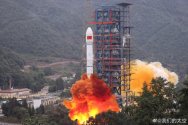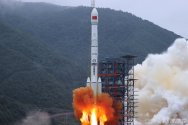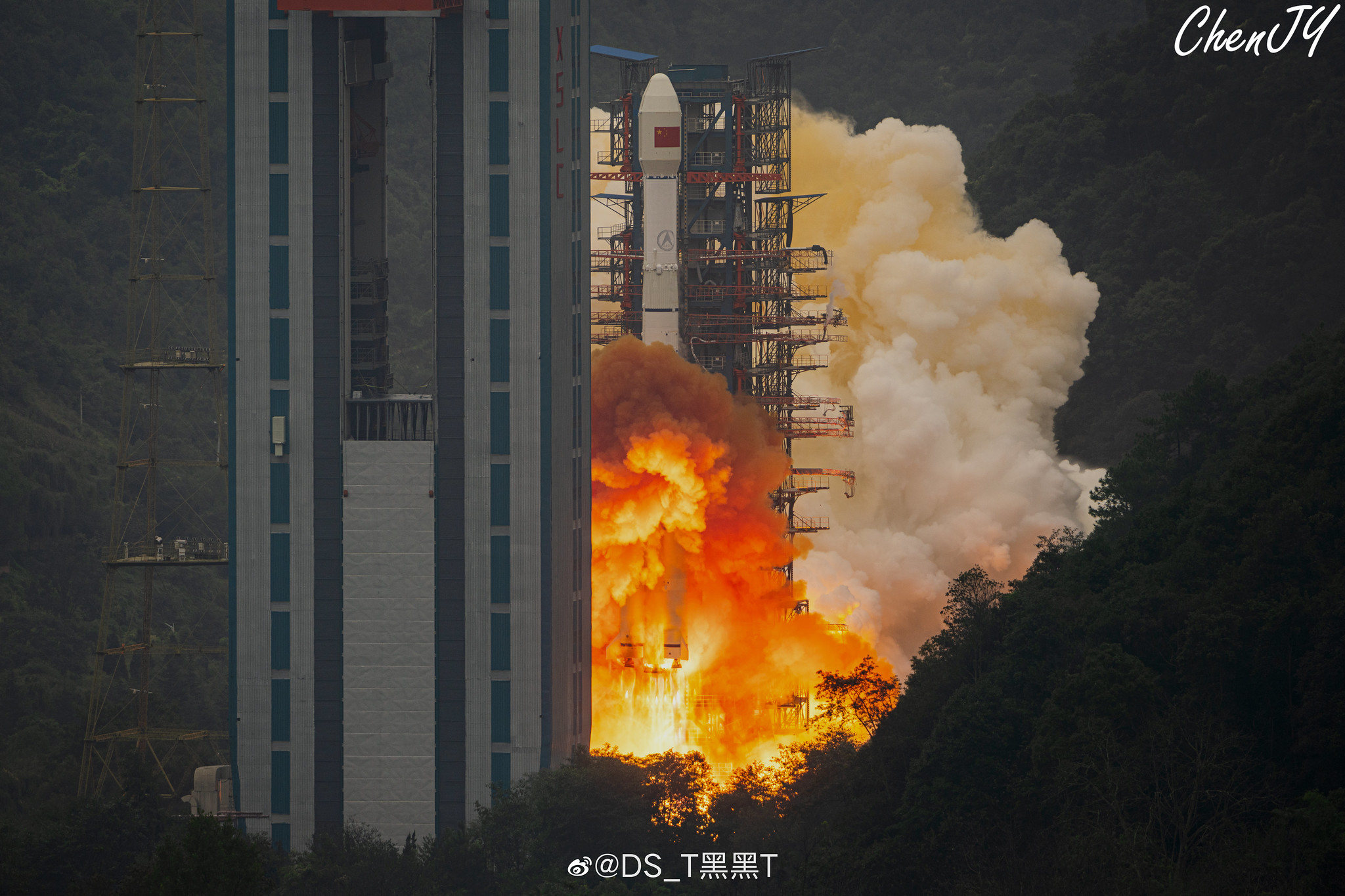China is now trying out a thorium reactor in in the Gansu desert. If the thing works, it could be adapted for Mars.
The atmosphere in Mars might be thin but it is still strong enough to whip up dust storms. Wind turbines that work in Mars can be designed. Afterall, Nasa has build a helicopter that can fly in the thin Martian atmosphere. Besides, the part about the wind turbines I read from the nasa.gov site. You tell me that it is all BS?
Fat good the magnetic field on Mars do if you imply that it sets up a protective magnetosphere. Its strength is only 1/100 that of the earth.
Mercury is just too near the sun. The solar radiation is too harsh and the surface temperatures are just too extreme for human habitation.
Mars is more like earth. The length of a Martian day is just slightly longer than earth, about 25 hours.
You can harvest solar energy 24/7 on one side only for Mercury. While on Earth and on Mars, both sides of the planet can harvest their share within the 24 hours cycle.
And earlier, were you not saying China should better focus on Venus also than on Mars - Venus the perpetually hot planet?
Truth is the focus should be on planets which has conditions more suitable for human habitation or which can be more easily adapted for human habitation. It is nonsensical to advocate human landing or inhabiting planets like Venus and Mercury which are veritable super ovens. Besides, in flying to Mercury, the spacecraft will get hotter and hotter as it gets nearer the sun. I am not sure even with a super heat shield you can control or prevent fatal heat buildup (for humans) in the spacecraft in the 10 months to a year that it takes to reach Mercury.









